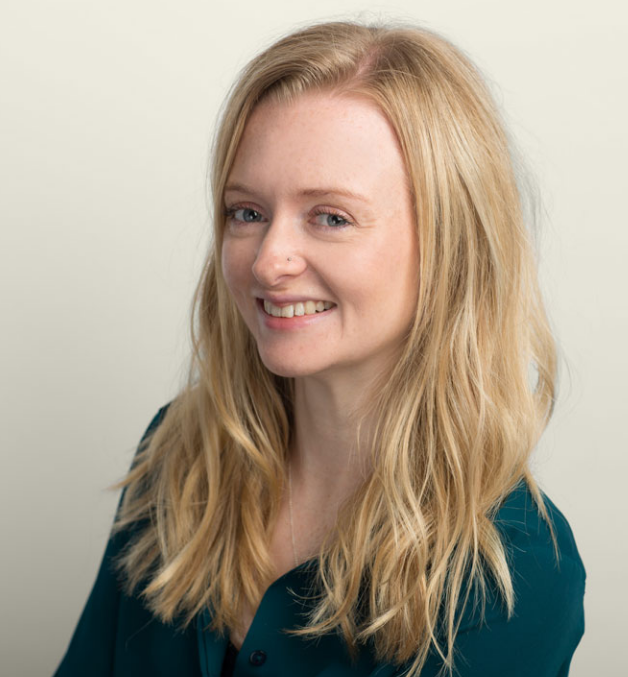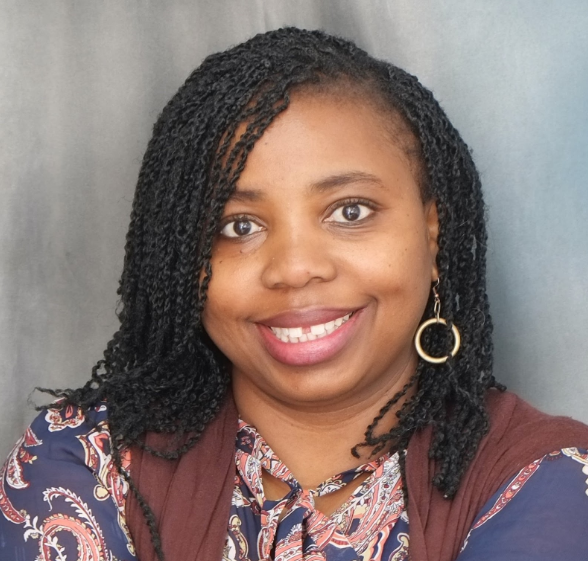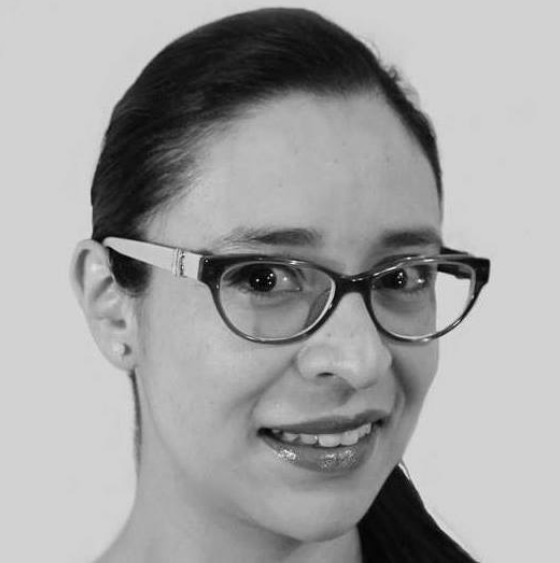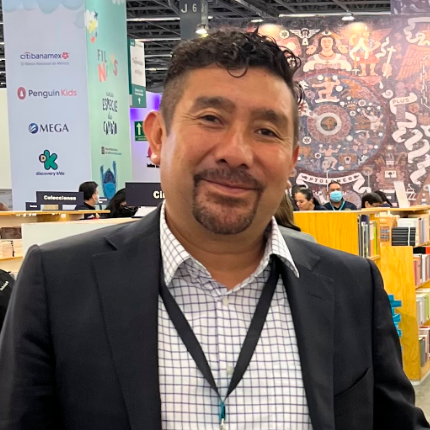
Close

Open Science Modus Operandi of Research Communication


In this webinar we will delve into the world of Open Peer Review, also known as Informed Peer Review, exploring its principles, the various forms it can take, and the transformative potential it holds for the scholarly community.
About
In the world of academic publishing, the traditional peer review process has long served as the gatekeeper of knowledge, ensuring the integrity and quality of research. However, in recent years, a paradigm shift has begun to take place, as the concept of Open Peer Review has emerged as a catalyst for transparency, inclusivity, and innovation.
In this webinar we will delve into the world of Open Peer Review, also known as Informed Peer Review, exploring its principles, the various forms it can take, and the transformative potential it holds for the scholarly community.
This open and inclusive practice encourages constructive dialogue, promotes transparency, and allows for the broader scientific community and the public to engage in the evaluation and improvement of scholarly research. Open Peer Review encompasses various formats and approaches, ranging from fully open reviews with named reviewers and open comments, to more hybrid models that combine elements of openness whilst still preserving confidentiality and privacy. Ultimately, Open Peer Review seeks to enhance the integrity, quality, and impact of scientific knowledge by embracing a more transparent and participatory review process.
This panel discussion will feature a range of diverse speakers discussing Open Peer Review from the perspectives of journals, authors, reviewers, and review platforms. The panelists will also share case studies and examples from both their own personal experiences alongside data on how Open Peer Review is being implemented across a variety of different disciplines and regions. We will also delve into training and mentorship on peer review with reflections from those conducting peer review openly and what opportunities they see and challenges they face.
This webinar is designed for researchers, editors, publishers, policymakers, and anyone interested in gaining a comprehensive understanding of the current state and future directions of Open Peer Review. We encourage all attendees to ask questions, and join in the interactive discussion we will have after we have heard from each of our panellists.
This webinar will feature speakers in both English and Spanish.
Agenda
13:00 – 13:10 Introduction to Open Peer Review and why it is important (Vanessa) [VIDEO] [DOWNLOAD]
13:10 – 13:20 Open peer review on preprints: the crowd review approach (Jessica) [VIDEO] [DOWNLOAD]
13:20 – 13:30 The journal perspective: case studies of how open peer review is being implemented across geographies and disciplines (Ivonne) [VIDEO] [DOWNLOAD]
13:40 – 13:50 Training in peer review: challenges and opportunities (Aurelia)[VIDEO] [DOWNLOAD]
13:50 – 14:00 Open peer review in research journals. A UNAM perspective on its application (Guillermo) [VIDEO] [DOWNLOAD]
14:00 – 14:40 Q&A/discussion [VIDEO]
Chair

ORCID: 0000-0001-8511-8689
Vanessa is Community Manager at PREreview. She works to support and empower communities of researchers, particularly those at early stages of their career and historically excluded to conduct socially conscious preprint peer review. She studied her undergraduate in European Languages and Business Management before going onto study her Master’s in Applied and Professional Ethics. Openness, accessibility, and equity have always been central to Vanessa’s work. Prior to PREreview she began her career in academia working at international development organization INASP with a focus on improving access to scholarly information and research in developing countries before supporting publishers around the world as Community Engagement Manager at Crossref.
Speakers

ORCID: 0000-0001-6610-9293
Jessica Polka, PhD serves as Executive Director of ASAPbio, a researcher-driven nonprofit organization working to promote innovation and transparency in life sciences publishing in areas such as preprinting and open peer review. Prior to this, she performed postdoctoral research in the department of Systems Biology at Harvard Medical School following a PhD in Biochemistry & Cell Biology from UCSF. Jessica is also a Plan S Ambassador, an affiliate of the Knowledge Futures Group, and a steering committee member of Rescuing Biomedical Research.

ORCID: 0000-0003-1495-5257
Aurelia Muthoni Munene’s interest in higher education led her to establish a research mentorship organization called Eider Africa. Together with a team of dedicated African scholars, she designs and delivers research mentorship programs with and for early career researchers in the continent. She is a board member of the Association of Faculty Enrichment in Teaching and Learning which trains faculty on transformative teaching and learning approaches including open peer review. She is also a research steward with AuthorAID -UK and a professional development coach for the AMID Young Professional Program of the Radboud University in the Netherlands. Aurelia is also an international development consultant and researcher in areas of gender equality and social inclusion, sexual reproductive health and social development. She conducts gender research and analysis in water and rangeland, energy, financial inclusion, housing, energy, climate change, agriculture, health and education. She also holds a Masters of Arts in Development Studies majoring in Social Policy from the Erasmus University, International Institute of Social Studies, Netherlands.She is currently pursuing a second Masters Degree, MBA in Health Care Management at Strathmore University in Kenya.

ORCID: 0000-0003-4245-8872
Ivonne Lujano Vilchis is a PhD student in Education Policy and Evaluation at Arizona State University (ASU). Her research interests focus on higher education systems, research evaluation, science policy, gender and science, scholarly communication, open access, and open science. She has worked in scholarly communication and open-access publishing initiatives since 2011. She is the Editor-in-Chief of Current Issues in Education, a student-led journal published by ASU. Her involvement as an ambassador of the Directory of Open Access Journals (DOAJ) in Latin America has allowed her to collaborate with several universities and government agencies on the adoption of best practices for scholarly publications and open science policies. She has taught in public and private universities in Mexico. She earned a bachelor’s degree in Education from Universidad Autónoma del Estado de México (UAEMEX) and a master's degree with an emphasis in Education from Facultad Latinoamericana de Ciencias Sociales (FLACSO), campus Argentina. Ivonne also has a background in dance, she is currently an amateur tango dancer.

Since 2015 Guillermo has been deputy director of Academic Journals and Digital Publications at the Universidad Nacional Autónoma de México (UNAM).
Within UNAM he also works as: Technical Secretary of the Council of Academic and Peer-Reviewed Publications; Coordinator of the Network of Directors and Editors of Academic and Refereeed Journals; and member of the Technical Committee of the Institutional Repository. He is the Technical Coordinator of the Latindex system and Ambassador of Crossref.
For more than twenty years he has promoted open access, digital repositories, interoperable technologies, and the adoption of good practices and international standards for scholarly and scientific communication. He has been responsible for implementing institutional initiatives to strengthen and consolidate UNAM academic and refereed publications.
He has a master’s degree in systems from the Faculty of Engineering of the UNAM and is an actuary graduated from the Faculty of Sciences of the same university.
Code of Conduct
It is expected that all participants in events promoted by SciELO follow our Code of Conduct.